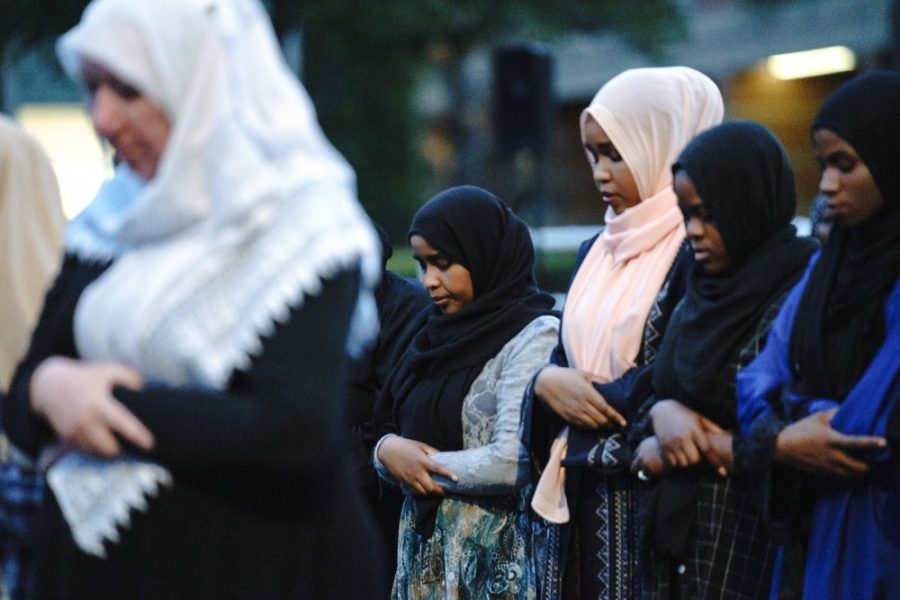
Last week was monumental for campaigning around the country. Not only did Hillary Rodham Clinton and Marco Rubio announce their 2016 presidential bids, but those running for Tucson City Council also announced their hopes for the 2015 election. Attending the kick-off parties, it is easy to see that the one thing on candidates’ minds is their campaign coffer.
Campaign spending has become a dark topic in American politics. In 2014, the U.S. election system can expect to see $3.67 billion spent, according to the Center for Responsive Politics. This is substantially more than in the 2010 election. Both parties are responsible for the insane increase in the amount of spending.
According to OpenSecrets.org, Democrats spent $735,995,228 on 2014 Congressional races when the Republicans spent $901,505,146. The Republicans spent more, but by less than $200 million, which is one of the reasons for the Republican win in 2014.
The worst part is these numbers are not even close to the actual amount spent in the election. Super PACs, coming from a Supreme Court case SpeechNow.org v. Federal Election Commission, are groups that can raise unlimited political sums for candidates, as long as the PAC and the candidates are not in communication.
Not only are Super PACs contributing to campaign over spending, but dark money — allowed by the infamous Citizen’s United Supreme Court case — has also been increasingly influential in politics. Of the dark money spent in 2014, the Republican Party spent 69 percent of it, according to Russ Choma with the CRP.
Dark money and money from Super PACs is more likely to fund attack ads than money raised from candidates themselves, according to the Boston Globe. However, The New York Times says the money also goes to tracking their opponent’s progress. This means candidates are increasingly spending more time tracking each other and less time talking about real issues.
It is clear to see that dark money and Super PACs are harming the integrity of the political system as a whole, but especially in Tucson. Tucson has been long known as the blue spot in the red state, but Pima County is still contested by Republicans, who hold 13 percent of its registered voters for the state.
Southern Arizona, especially Congressional District 2 (one of the most contested districts in the United States), has seen an increased amount of dark money in recent elections. In 2014, Americans for Prosperity spent over $3 million to run attack campaign ads in Tucson and Phoenix.
All in all, it is a scary time when money can buy political leaders. Super PACs and dark money have been buying attack ads, which are the bane of everyone’s existence during campaign season. These ads make people think politics is ugly and dirty.
Often, people running for office truly want to help, but integrity can be easily swayed by the prospects of money. Elections should not have this kind of spending; however, it is especially easy to avoid in local races.
Candidates, out of responsibility to their constituency, should disclose who all spent money on their campaign. We, as constituents, should pay attention to their disclosure. Often where the money comes from is more influential than the policies and platforms it is going to.
It is time to stop dark money. It is time to stop Super PACs. It won’t be stopped through legislation; the only way to stop it is to get out and vote. Be informed this campaign season about your candidate of choice and who, besides their constituents, has their ear.
_______________
Maddy Bynes is a junior studying political science and history. Follow her on Twitter.








